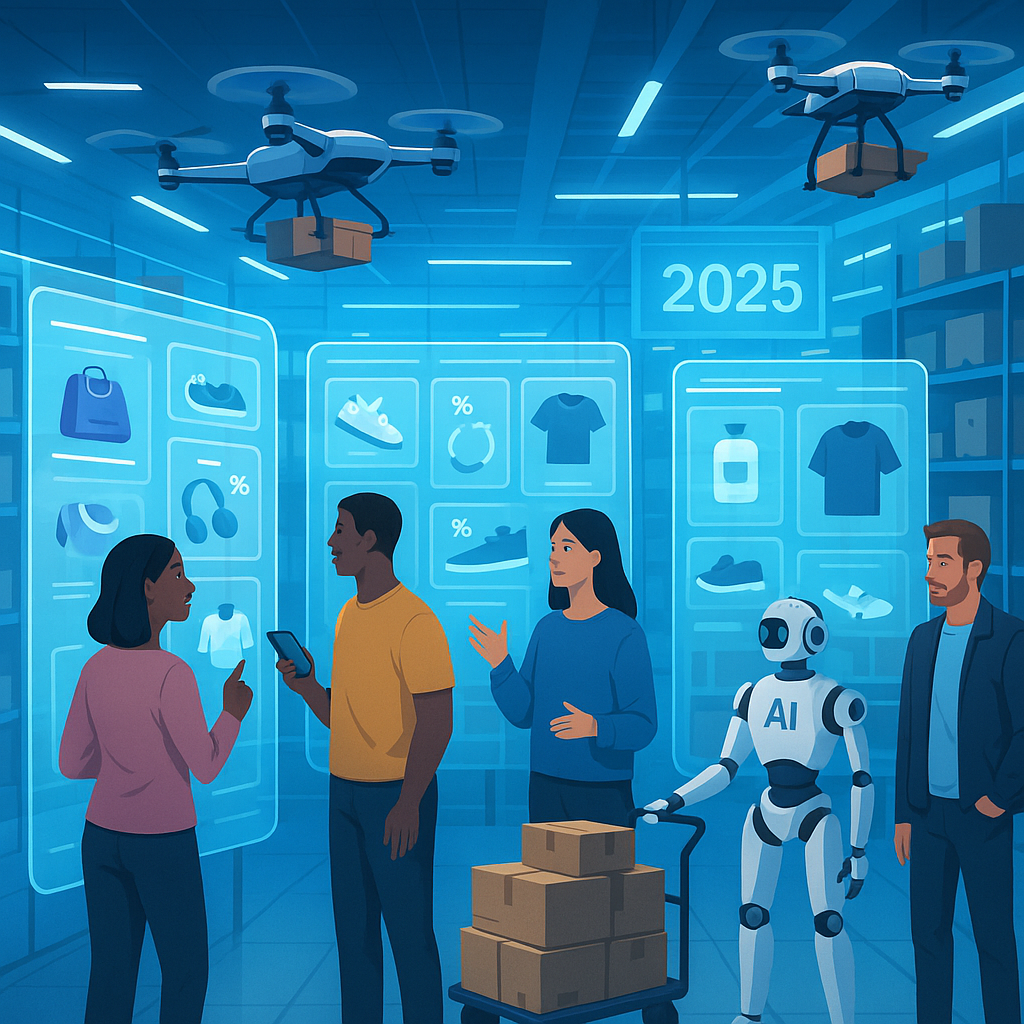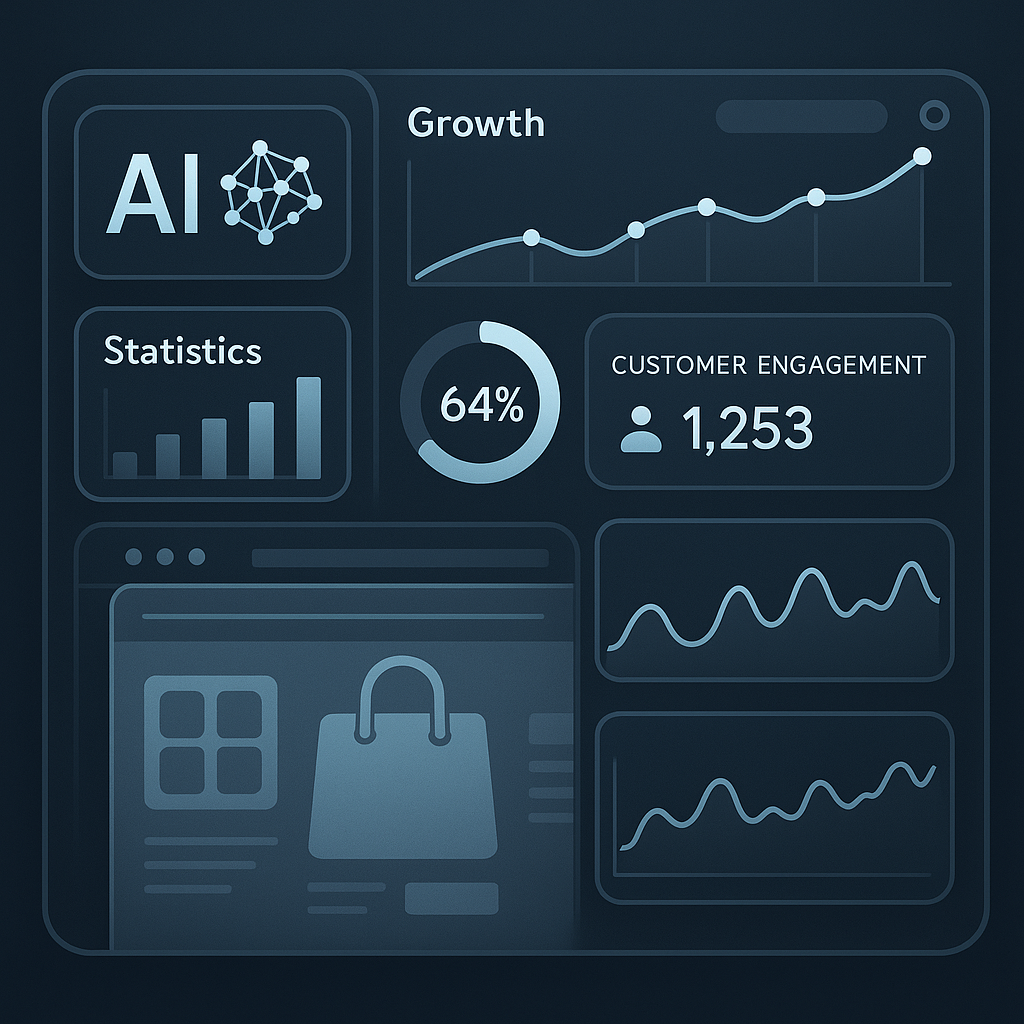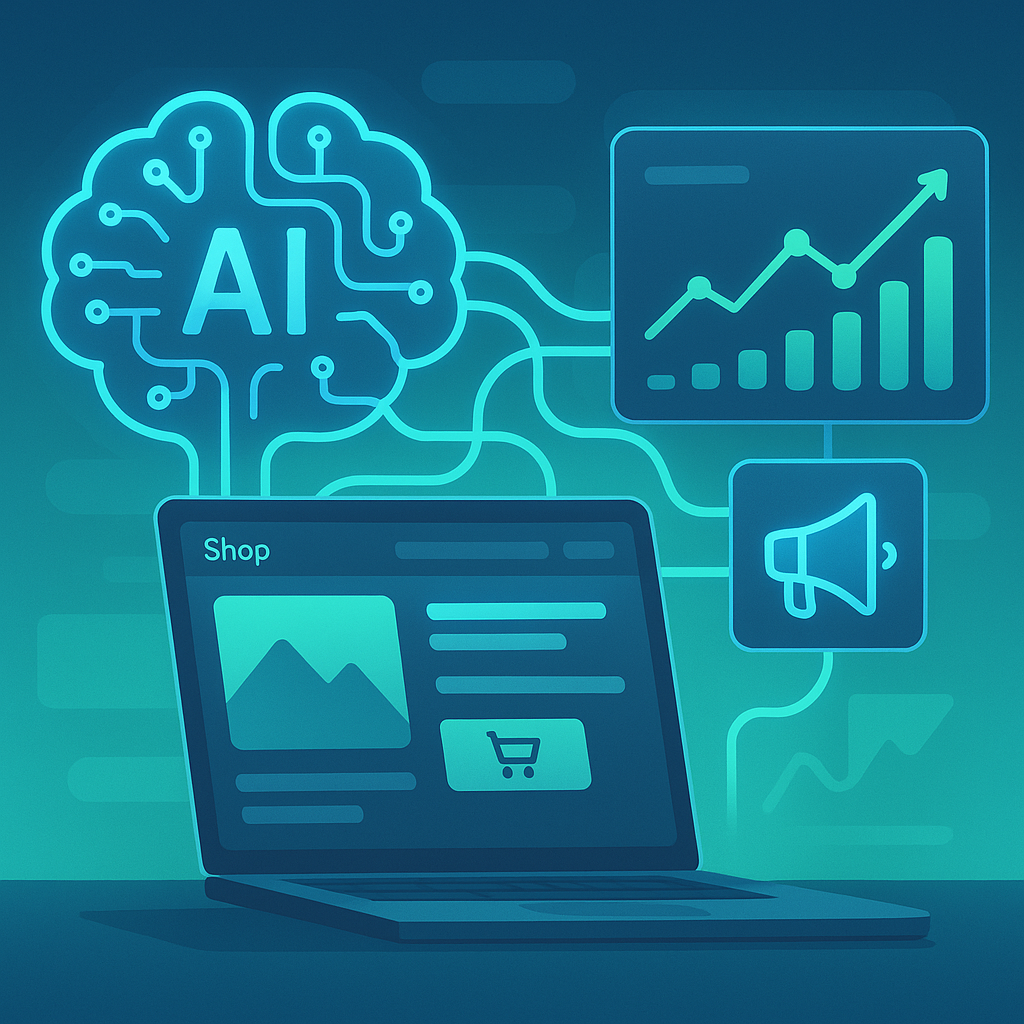
How AI Is Revolutionizing E-Commerce Solutions Companies Today
The Rising Tide of Artificial Intelligence in E-Commerce
In 2025, artificial intelligence (AI) is no longer a futuristic concept tucked away in research labs; it is the central nervous system for many e-commerce solutions companies worldwide. The swift evolution of AI technologies has embedded intelligence into every corner of digital retail—from personalized customer journeys to supply chain logistics—reshaping the entire retail paradigm.
Key uses of artificial intelligence Transforming E-Commerce Solutions
1. Hyper-Personalized Shopping Experiences
Modern AI systems analyze vast quantities of customer data—past purchases, browsing history, social media trends, and even biometric feedback—to craft uniquely personalized shopping experiences. Unlike earlier personalization attempts, today's AI dynamically adjusts product recommendations and promotional offers in real time based on customer interactions.
For example, an ai-powered e-commerce platform can recognize a shopper’s preferences by analyzing their engagement with products. If a customer lingers on eco-friendly items, the system proactively highlights sustainable brands or suggests bundles tailored to green lifestyles. This approach enhances customer satisfaction by anticipating needs before they are explicitly stated.
2. Intelligent Inventory and Supply Chain Optimization
AI-driven predictive analytics empower e-commerce companies to forecast demand with remarkable precision. By evaluating seasonal trends, promotional impacts, and market fluctuations, AI algorithms optimize inventory levels to prevent both stockouts and overstock situations.
Furthermore, AI facilitates real-time tracking and adaptive routing of shipments, reducing delivery times and operational costs. Autonomous drones and robotic warehouse systems, coordinated through AI platforms, ensure seamless fulfillment even during peak seasons.
3. Conversational AI and Customer Support Automation
Chatbots and virtual assistants, powered by natural language processing, have grown sophisticated enough to manage complex customer interactions. These AI agents offer 24/7 support, handling inquiries ranging from product details to return policies with human-like empathy and precision.
One standout advancement in 2025 is the integration of multimodal AI chatbots capable of interpreting voice commands, images, and even video inputs, enabling customers to communicate naturally and receive instant support or product recommendations.
4. Fraud Detection and Cybersecurity
AI systems continually monitor transactions for suspicious patterns, identifying fraudulent behavior before it impacts customers or merchants. Machine learning models adapt to emerging threats rapidly by analyzing data across global e-commerce networks, reinforcing security frameworks without compromising user experience.
Innovative Case Studies Illustrating AI in E-Commerce Solutions
Case Study 1: Adaptive User Interface for Diverse Shoppers
A leading e-commerce platform implemented an AI-driven adaptive UI that modifies layout, color schemes, and navigation based on a user's real-time sentiment and engagement levels. For instance, if the AI detects frustration through interaction patterns, it simplifies the interface, guiding the shopper more intuitively toward purchase completion.
Case Study 2: AI-Powered Virtual Try-On and Visualization Tools
An apparel e-commerce provider introduced AI-enhanced augmented reality (AR) features that allow customers to virtually try on products using smartphone cameras. This technology integrates AI body mapping and fabric simulation, reducing returns by enabling customers to make better-informed decisions.
Challenges and Ethical Considerations in AI Deployment
While the benefits are profound, e-commerce solutions companies face challenges around data privacy, algorithmic bias, and transparency. Safeguarding customer data under evolving regulations requires robust AI governance frameworks. Additionally, designing algorithms that avoid unintended discrimination remains a critical focus for developers dedicated to ethical AI use.
Future Horizons: AI and the Next Wave of E-Commerce Innovation
Looking ahead, AI's fusion with emerging technologies such as blockchain and quantum computing promises to unlock unparalleled capabilities in trust, security, and computational speed. Decentralized AI marketplaces may empower consumers with greater control over their data and shopping experiences.
Moreover, the convergence of AI with sensory technologies—enabling smell, touch, and taste simulations—could transform digital retail beyond what we conceive today, ushering in multisensory e-commerce ecosystems.
Conclusion
Artificial intelligence is undeniably the engine driving revolutionary changes in e-commerce solutions companies in 2025. From crafting deeply personalized experiences and streamlining complex logistics to fortifying security and elevating customer service, AI's comprehensive integration is redefining modern retail. As companies navigate this transformative landscape, balancing innovation with ethical integrity will be paramount in sustaining consumer trust and fostering continued growth.






